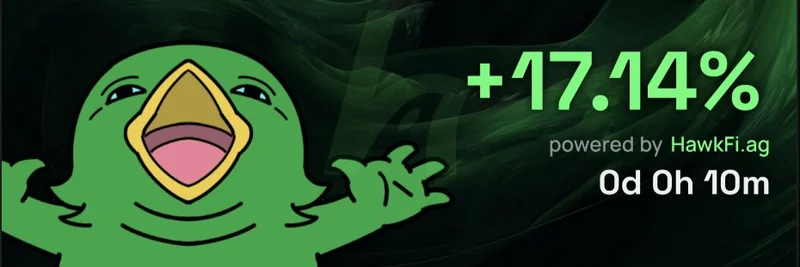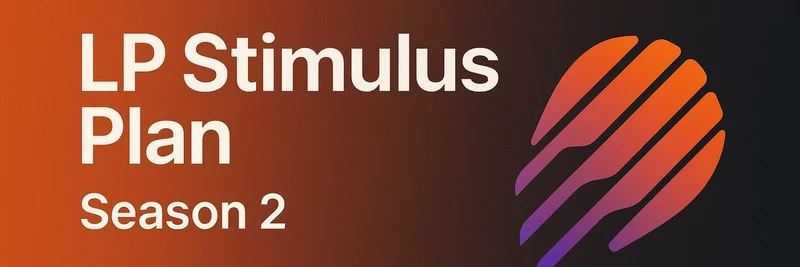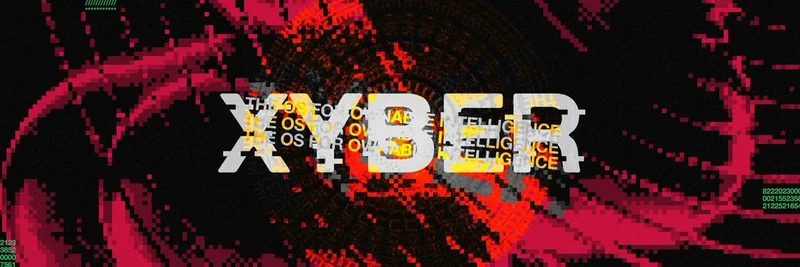Hey there, crypto enthusiasts! If you’ve been keeping an eye on the wild world of prediction markets, you’ve probably heard about the recent drama surrounding Polymarket. The platform, known for letting users bet on real-world events using cryptocurrency, has faced some serious accusations of manipulation and unresolved disputes. But what if there’s a way for Polymarket to turn things around? Enter a fascinating idea from Ignas | DeFi on X, suggesting that the platform’s native $POLY token could be the key to fixing these issues. Let’s break it down!
The Problem: Manipulation in Prediction Markets
Prediction markets like Polymarket are awesome because they let you bet on outcomes—like who’ll win an election or whether a new law will pass. But they’re not perfect. Recently, a post from dp.hl | DeFi Police highlighted a messy situation with a market about a Zelensky suit, where manipulation seemed to be at play. The concern? A small group of users could sway results, leaving honest bettors in the dust. This isn’t just annoying—it’s a threat to the trust these platforms rely on.
Ignas’ Bold Idea: $POLY Token Staking
So, what’s Ignas’ solution? He proposes that users could stake their $POLY tokens to report on market outcomes. Here’s how it might work:
- Staking for Accuracy: Users lock up their $POLY tokens to submit their take on whether a market resolved correctly. If they’re right, they earn fees as a reward. If they’re wrong, their staked tokens get “slashed” (taken away as a penalty). This incentivizes honest reporting.
- Governance Power: $POLY holders could vote on which oracles (data sources) each market uses and tweak rules on the fly if an oracle gets attacked. They could even fund an “appeal pool” so traders can challenge shady outcomes.
- Incentives and Burns: Markets that resolve smoothly could pay extra $POLY to reporters and challengers. Messy markets? Some Treasury $POLY gets burned to discourage chaos.
Sounds cool, right? But there’s a catch. If one whale (a big player with tons of tokens) grabs most of the $POLY, they could dominate the system. Ignas suggests fixes like quadratic voting—where each additional vote costs more, encouraging fairer distribution—or reputation tiers to level the playing field.
The Risks: Whales and Centralization
Let’s be real: this idea is exciting but risky. If $POLY isn’t widely distributed, the team and venture capitalists (VCs) might hold too much power, turning a decentralized dream into a centralized nightmare. Plus, staking relies on users acting in good faith. If manipulation creeps in (like hiring bots to stake), the system could collapse. Ignas admits it’s a “tough one,” and he’s not alone—others in the thread, like Proton Kid, question if optimistic designs (where outcomes are assumed correct unless challenged) can handle this.
Why It Matters for Meme Token Fans
Even if you’re more into meme tokens than prediction markets, this matters. Staking and governance models are popping up everywhere in the blockchain space, including meme coin projects. Understanding how $POLY could evolve might give you insights into the next big meme token with a staking twist—like PNP Exchange’s prediction markets, which use AI oracles. Plus, if Polymarket pulls this off, it could inspire similar innovations in the meme coin world!
What’s Next?
Ignas is just “yapping” for now—he’s not claiming to solve everything. But the conversation is heating up. Some, like MBΞ, are frustrated with Polymarket’s slow response, while others wonder if this could flop. The community’s watching closely, and with it being 04:58 PM +07 on Thursday, July 03, 2025, the debate is fresh. Will $POLY staking save the day, or is this just another crypto experiment? Keep an eye on meme-insider.com for updates as this story unfolds!
What do you think? Drop your thoughts in the comments—let’s yap about it together!



